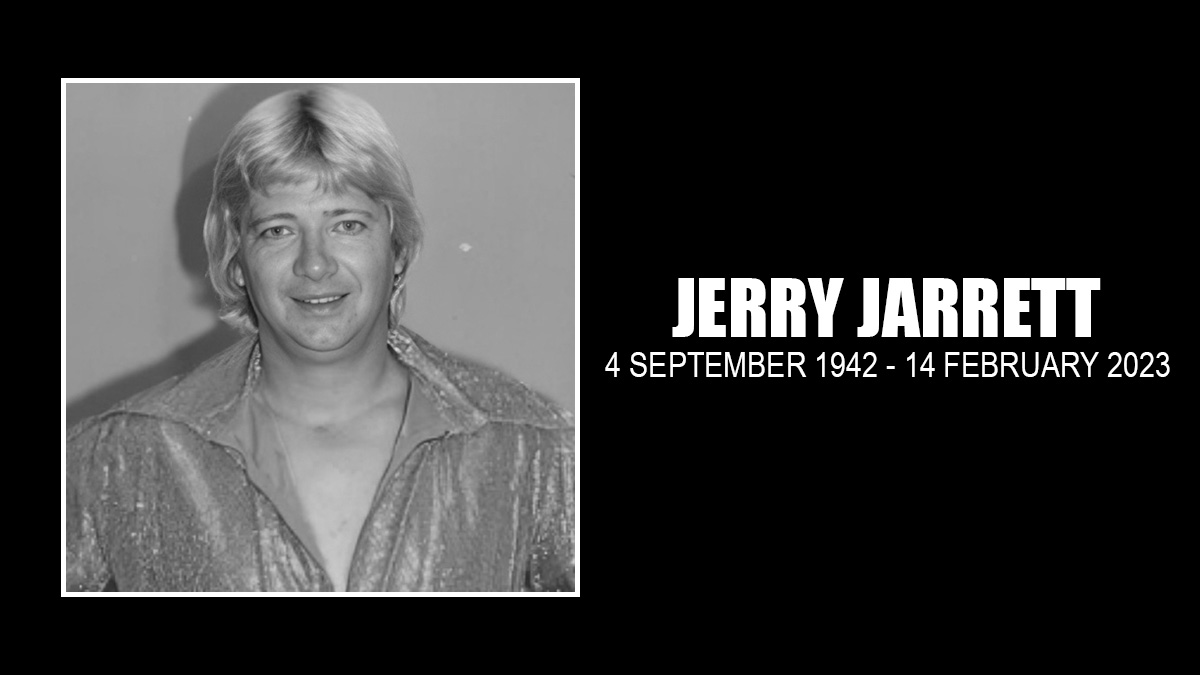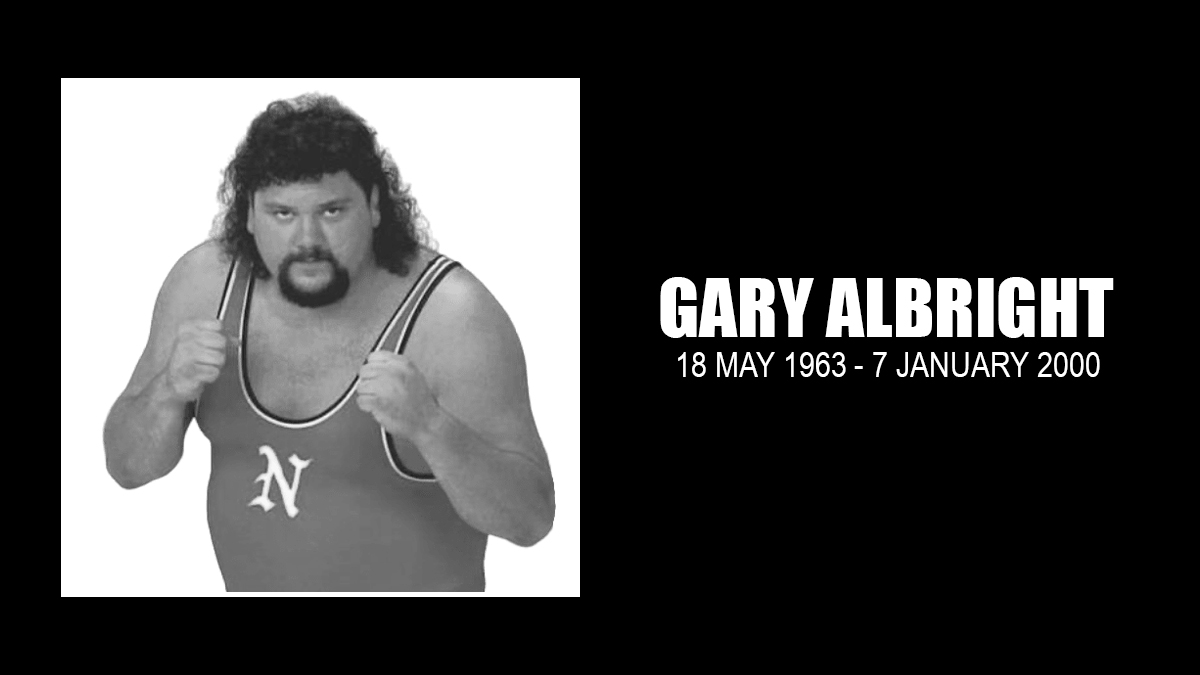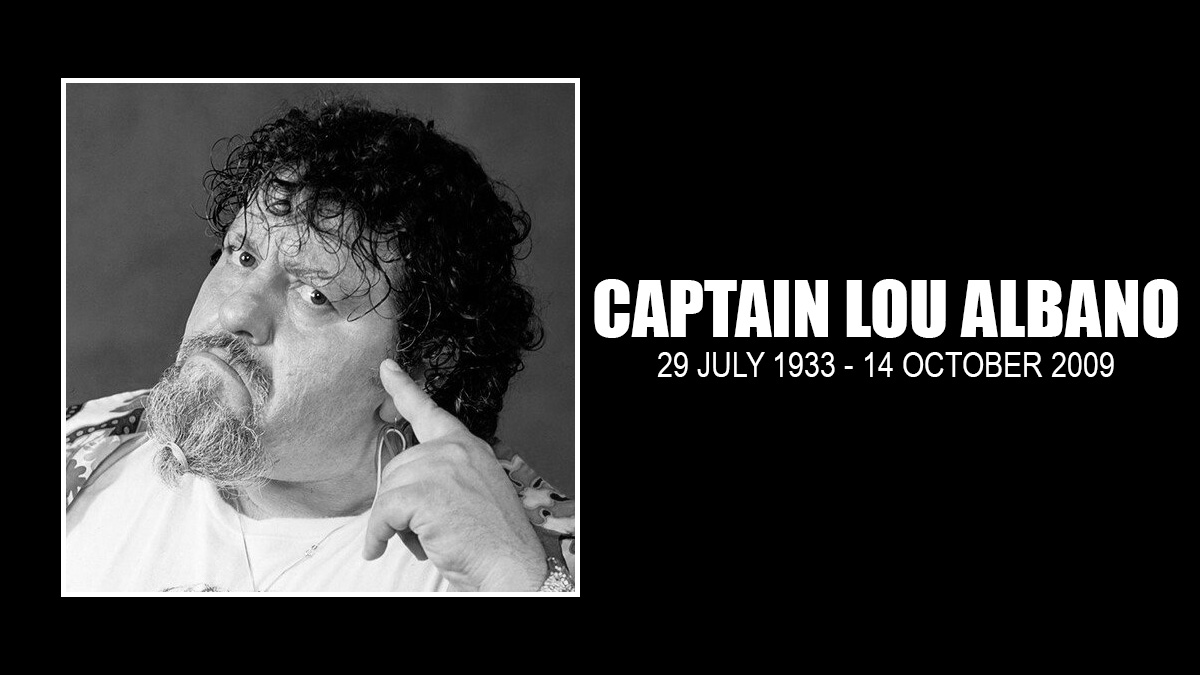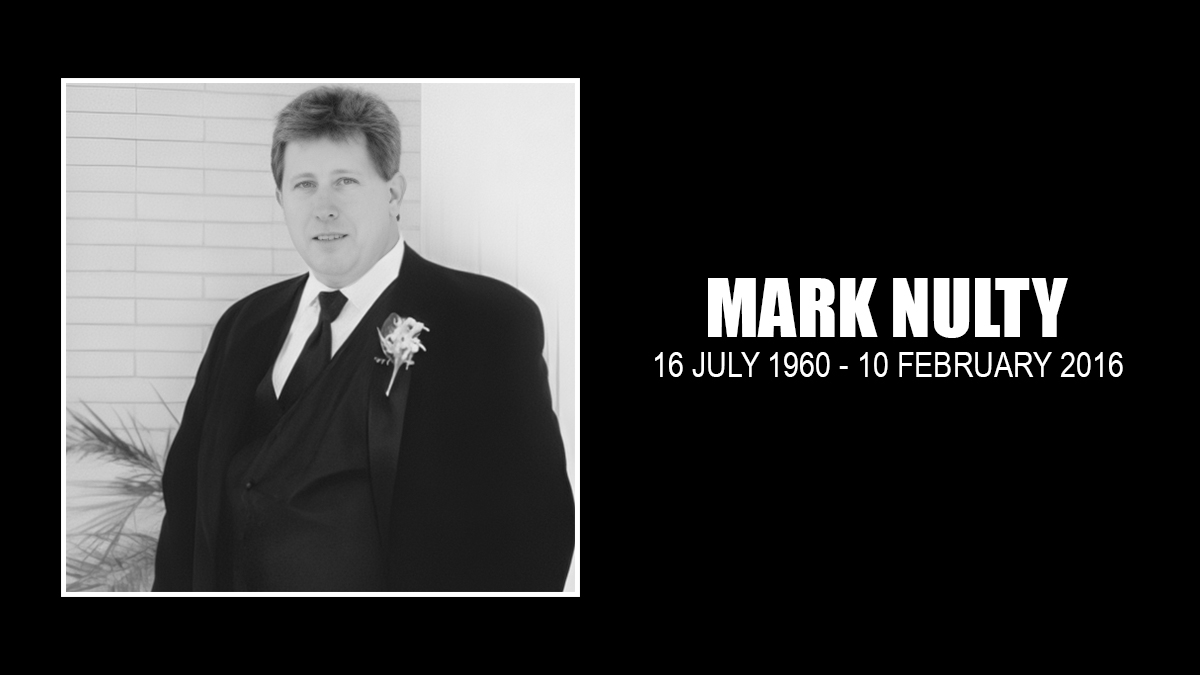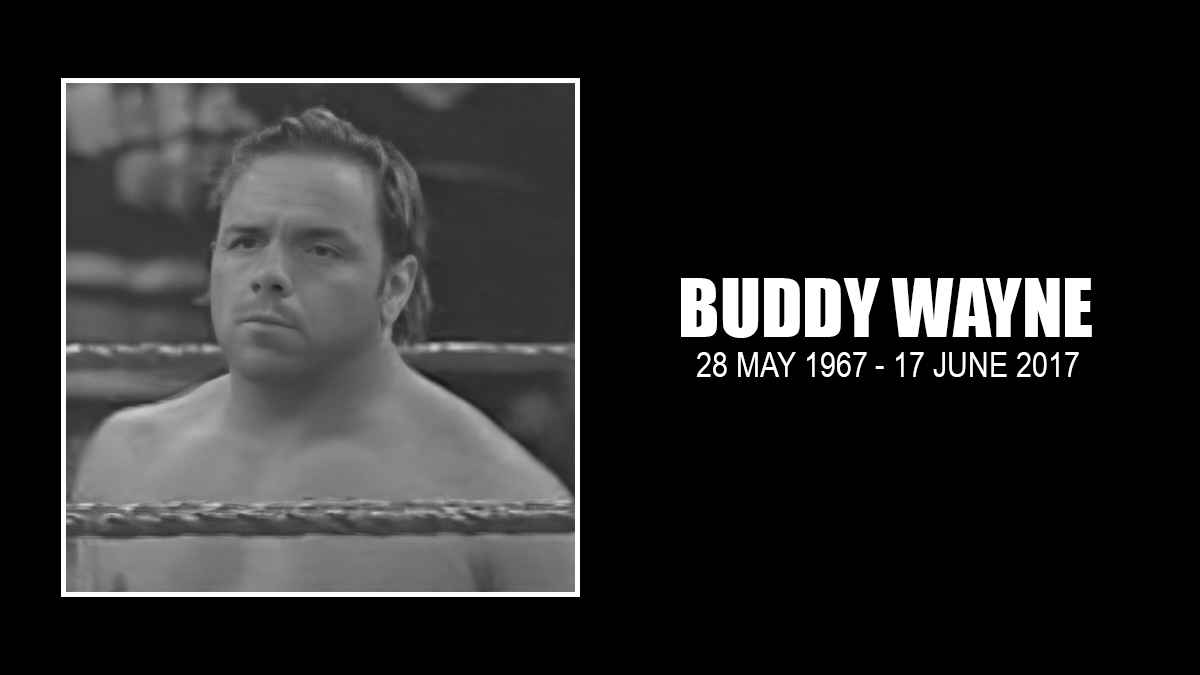Wrestler, promoter and construction business owner Jerry Jarrett has died. He was 80.
Details are still coming in.
Dutch Mantell and the Memphis Wrestling Hall of Fame both posted the news. “Sad to report that the founder of Memphis Wrestling as we all know it and Memphis Wrestling Legend JERRY JARRETT passed away today,” posted the Memphis Wrestling Hall of Fame.
Jerry Winston Jarrett was born on September 4, 1942, in Nashville, Tennessee. His parents divorced when he was three years old, and he was raised by his mother, Christine “Teeny” Jarrett, who sold tickets for the local wrestling promotion as one of her jobs to keep the family going. Later she promoted matches for Nick Gulas and Roy Welch.
Therefore, a young Jerry grew up around the wrestling business and wrestlers, selling programs from an early age.
He began running wrestling events, in conjunction with his mother, at the age of 14, only stopping for a few years while going to school — Peabody College — and the working as a purchasing agent for Murray Ohio Manufacturing Company.
But wrestling called him back, and he was an assistant in the office of Welch and Gulas and refereed matches.
Jarrett worked his way into the profession as a wrestler, debuting in 1965. At 5-foot-11, and maybe packing 225 pounds onto his frame, he was no giant. Frankie Cain once said that Jarrett “had a neck like a stack of dimes.” Early in his career, he teamed with his friend Tojo Yamamoto, who had been turned babyface, in part, to help get Jarrett over.
Jarrett mainly worked the NWA Mid-America territory, based out of Nashville.
Though he held some titles — mainly tag team — Jarrett’s future laid in promoting. He had formed friendships with so many key people, like Florida promoter Eddie Graham, or Mid-South promoter Bill Watts, and those friendships lasted through the years.
In 1977, Jarrett founded the Continental Wrestling Association, though he continued to wrestle and promote.
That is the Jarrett that many came to know — running the territory out of Memphis, with Jerry “The King” Lawler as its top star. In 1977, Jarrett split from Gulas and began the icon wrestling show on WMC-TV channel 5 in Memphis. The key announcers were Lance Russell and Dave Brown.
“I was fortunate enough to be surrounded by unbelievable talent,” Jarrett told Scott Bowden’s Kentucky Fried Rasslin in 2009. “When my son Jeff and I started TNA, I tried to explain to him that the most important talents you can have on a TV wrestling show are your announcers. The announcers are, literally, the show. My star, Jerry Lawler, would have six or seven minutes of airtime … eight minutes at the most each week. So I credit these two gentlemen with the passion they had and the broadcast ability they had for making me look like a pretty smart promoter.”
In 2015, Russell talked to writer Marshall Ward about Jarrett. “I know Jarrett is one of the smartest, brightest promoters I’ve ever run across of anything, anywhere, anytime. I don’t like Jerry, particularly, and he didn’t like me.” Jarrett had told Russell at one point, “I don’t know why it took me so long to figure out but you’ve got more air time than Lawler or anybody else put together, and I better feature you on there or it would be stupid not to.”
In Memphis, Jarrett acted as a matchmaker, though has said through the years that the show almost wrote itself. Lawler was introduced as a protégé of the legendary Jackie Fargo, and was built through time to the true “King” of Memphis. When Jarrett and Lawler shared ownership of the promotion (Continental Wrestling Association / United States Wrestling Association), they would roughly spend six months each booking, turning it over to the other after their time was up.
Dave Meltzer of the Wrestling Observer Newsletter once noted that Jarrett was “One of the great bookers of the 70s and 80s and successful promoter in Tennessee and Kentucky. Jarrett was also one of the big three babyfaces for a long period of time in the territory along with Tojo Yamamoto and Jackie Fargo before the Jerry Lawler era and his retirement. No wrestling television shows ever drew the kind of ratings his shows did during the 70s and early 80s.”
The counter, noted Meltzer, was that Memphis was already a strong territory with good TV when Jarrett initially took over. “While he lasted longer than most, keeping the promotion alive until well into the 90s, he had a favorable television deal and didn’t pay talent a thing. His period of good years is shorter than most promoters in, really about a decade,” wrote Meltzer, discussing Jarrett’s candidacy for the Observer Hall of Fame. “Resented regarding payoffs, and would argue that his territory should be seen like going to law school, where you learn a trade and work hard, but instead of paying for your education, you get paid a little for it.”
The Memphis territory has a ridiculously long list of future stars that came through there, learning the trade, starving and paying their dues. Dwayne “The Rock” Johnson has romanticized it on the NBC sitcom Young Rock but it was true.
Most famously, the Lawler feud with Andy Kaufman put Memphis on the national radar, including their appearance on David Letterman. In 2014, Jarrett downplayed it. “Because it got the national attention, sometimes it’s blown out of proportion for what it was. It was like a season… It was great, but it was just another wrestling angle.”
Jarrett was a wise man of pro wrestling, sought out by many. When it looked like Vince McMahon might be heading to prison during the various scandals of the early 1990s, Jarrett was an advisor, ready to step in if necessary. That relationship with McMahon meant that the Memphis promotion stayed open as a training ground of sorts while other territories were squashed by WWF. He is also in countless documentaries, talking about the business.
With the closure of World Championship Wrestling just after the death of ECW, Jarrett saw an opening and creating TNA — Total Non-Stop Wrestling — as a weekly pay-per-view, another option for non-WWE fans. Today, TNA is known as Impact Wrestling. A little known fact is that Jarrett actually tried to buy WCW, as he told writer Gary Mehaffy. “I had an investment group in Boston that was going to put up a whole lot of money, but they had already made a deal with Vince McMahon.”
Jarrett was never shy of detailing what worked and didn’t about TNA and the concept. In fact, he wrote a book about it: The Story of the Development of the NWATNA: A New Concept in Pay-Per-View Programming.
Meltzer wrote: “The vision he had for TNA as a stand-alone PPV entity without the costs of television was an incredible miscalculation, and nearly went bankrupt if not for Panda Energy bailing the company out before it was going to fold. While regarded as a great businessman, and Memphis was well run in that regard as a territory, the TNA business was a disaster until a period well after he had his falling out with his son and was no longer involved.”
As a pro wrestler, there is no question that Jarrett’s son, Jeff “Double J” Jarrett succeeded. He was a mainstay in his father’s promotion until breaking out into the WWF, WCW, and then again, in TNA. Jeff is still involved in pro wrestling, both on camera and behind the scenes with AEW.
They were together again at the Cauliflower Alley Club reunion in September 2022, where Teeny Jarrett was posthumously presented with an award. Jerry Jarrett also was a part of a panel on the history of pro wrestling in Memphis, which also included Lawler and Jimmy “The Mouth of the South” Hart.
To journalist Mike Mooneyham, Jarrett reflected on a life well lived, in 2011. “I loved the business during the era that I was active, but like the famous lines in the movie, ‘Like leaves driven by the wind, it is a time that is no more. It is Gone with the Wind.’ I enjoy talking about those days. I happen to think those days were the glory days of the business. They certainly were for me anyway. However, the kids that are wrestling today are making memories, regardless of them realizing it or not.”
Jarrett had a few health issues through the years, including having a pacemaker inserted in the early 2000s.
He was inducted into the NWA Hall of Fame in the Class of 2009.
Jarrett had four children, two, Jerry Jr. and Jeff, with his first wife, Julie, and two with his second wife, Deborah.
